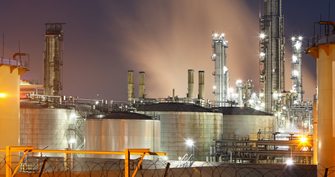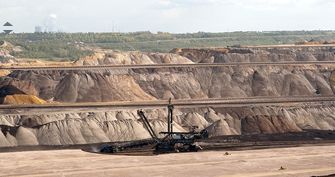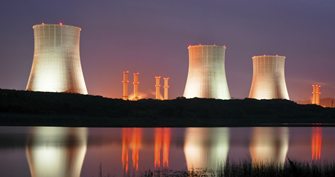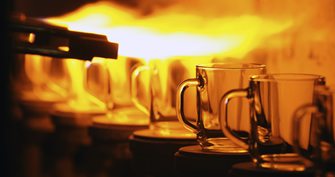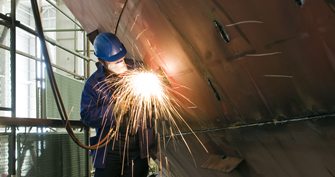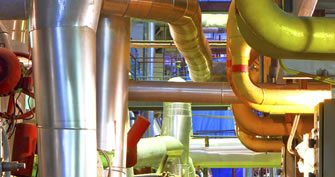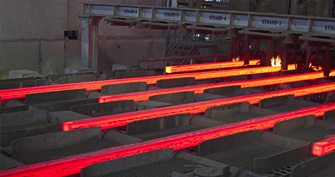Since 1979, AMI’s products have safely protected people, equipment and facilities from extremely high heat. Our very first customers were heat-intensive process industries including oil/petrochemical refining and drilling facilities, steel and aluminum foundries, paper-making plants, and power generating facilities (nuclear and fossil fuel). Super-heated steam and molten metal require super-protective materials to protect workers from burns and facilities from fire, while providing energy-saving protection wherever possible. Auburn’s many textile forms, including tapes, ropes and fabricated blankets, curtains and pads are designed to meet these heat challenges.
AMI has developed products for critical operations in the transportation sector, including auto, rail, air, marine, and specialized vehicles used for industrial and recreational purposes (think construction vehicles, race cars and snowmobiles). Our plain, coated, aluminized, and fabricated textile products, such as blankets and specialty gaskets, meet strict military and industrial testing/certification requirements that assure consistent performance and safety. And thanks to the creativity and innovation among other industries, AMI heat resistant fabrics are being used in newer areas like glass and mirror manufacturing for process efficiency, data centers for fire protection, and for fire safety in the entertainment industry—specifically pyrotechnic entertainment and lighting.
AMI’s Ever Green® modular insulation composite materials are used in both the industrial and institutional retrofit construction markets to literally save TONS of carbon emissions while cutting energy costs. Colleges, universities, hospitals, municipal, state, and federal facilities everywhere are “greening up” by retrofitting their industrial piping and mechanical insulation systems with AMI’s Ever Green® Cut ‘n Wrap insulation kits. In addition, process industries like pharmaceutical manufacturing and food processing are also using economical Ever Green® insulation to save energy and reduce their carbon footprint.
